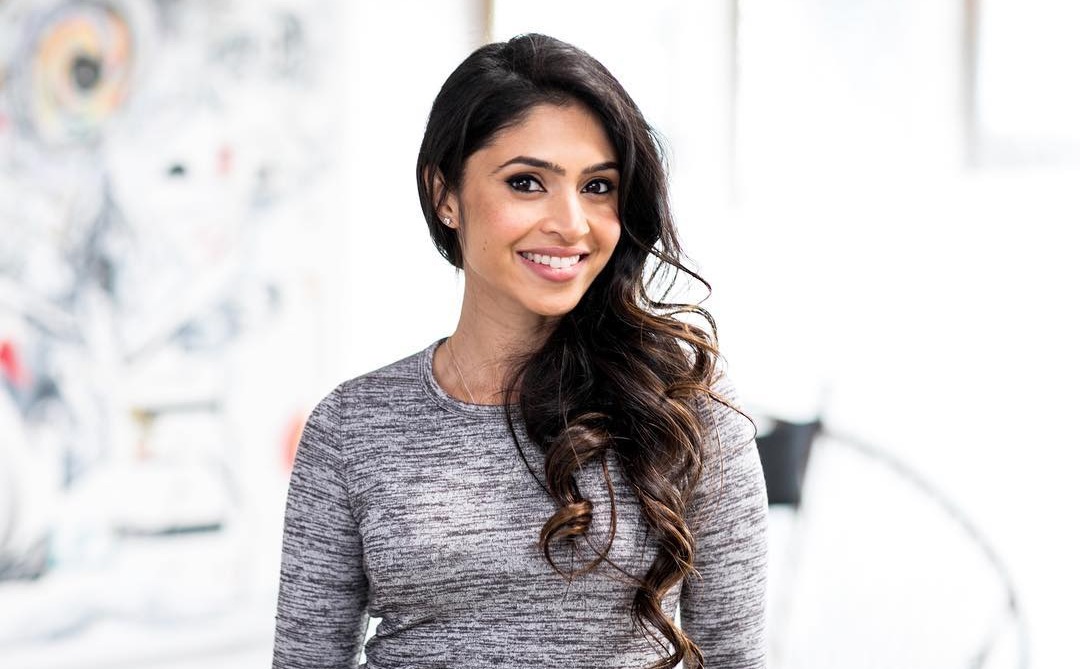How many times have you made your hobby a career option? Well, in the beginning even Payal Kadakia thought she would continue in the corporate world but it was not her destiny. She has been dancing to Indian tunes since the age of three and it has been her favorite companion. But how did she become an entrepreneur and got Google to back her up?
Payal’s parents, both of them chemists, immigrated from India to America in search of a better future. Since little she watched Bollywood movies and taught herself to dance on the Indian beats. She went to Massachusetts Institute of Technology from where she did her majors in Economics and operations research. Her degree and skills got her job at consulting firm. Alongside her work, she continued to dance and also founded a South Asian Dance Company to nurture and grow her passion for dance.

I was doing that as my day job, and then at night I would dance—every night
One day she was surfing online looking for a dance class and was frustrated because despite spending hours on looking for a class but all she got was incomplete information. Hidden in this frustration was her idea for a start-up. So in 2010, she founded Classivity which provided information about dance and fitness classes. Although it gave her a lot of page views but her start-up failed miserably because people just were not booking through her service.
This called Payal to tweak her product and reintroduce it in a manner where people actually use her platform to join classes. For anyone else it could have been a major setback to see your first entrepreneurial failing but Kadakia wouldn’t stop until she created something which people actually used and went for classes.
In 2012, she came up with Passport which gave users 10 chances to try one class at a new studio. But users wanted to go back to the classes they loved and started hacking the product by signing up with fake emails. This was the second consecutive time when her idea snatched away the desired result from her.
Until I knew we were getting people to go to class, I wasn’t done. I wasn’t okay with building technology and putting it up there. If someone wasn’t going to have that experience, I wasn’t creating a dent in the world
Third time had to be a charm. By now Payal had understood about people’s expectations and loopholes that she needed to fill. In 2013, she launched ClassPass where you could attend unlimited number of classes for a monthly membership of $99. The only limitation was that three classes a month could be in the same studio.
She quit her job as soon as she realized that people are not going to take her seriously if she did not dedicate her full time to ClassPass. From building a failed search engine, Payal today is managing a team of over 170 people and is motivating people to find time for things that will enhance their quality of life.
The idea of ClassPass became a huge hit and landed on the front page of New York Times Art section even before the company got its website. In November 2015, it got a funding of $30 million by Google Ventures apart from additional $54 million from other sources.

ClassPass has more than 1,000 class listings and is available in 34 cities covering four countries. This scale has also caused ClassPass to increase its membership price to $190 a month for returning users and $200 a month for new clients. Payal says that the usage of her app has doubled in the past one year.
These growth figures, however, haven’t been able to satisfy Payal’s growth for more. Her long-term vision puts the company in a broader spot than it currently is. Her plan is to create a “life pass” offering “soul-nurturing experiences” like cooking classes, massages and more.
If you like this story, share it and spread positivity. Tell us your views by writing in the comment box below. We read each one of them.
Looking For Startup Consultants ?
Call Pursho @ 0731-6725516
Telegram Group One Must Follow :
For Startups: https://t.me/daily_business_reads




